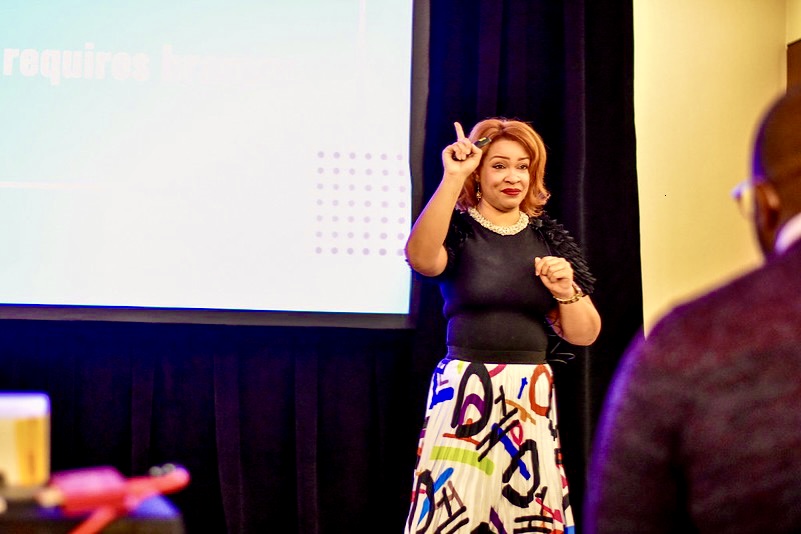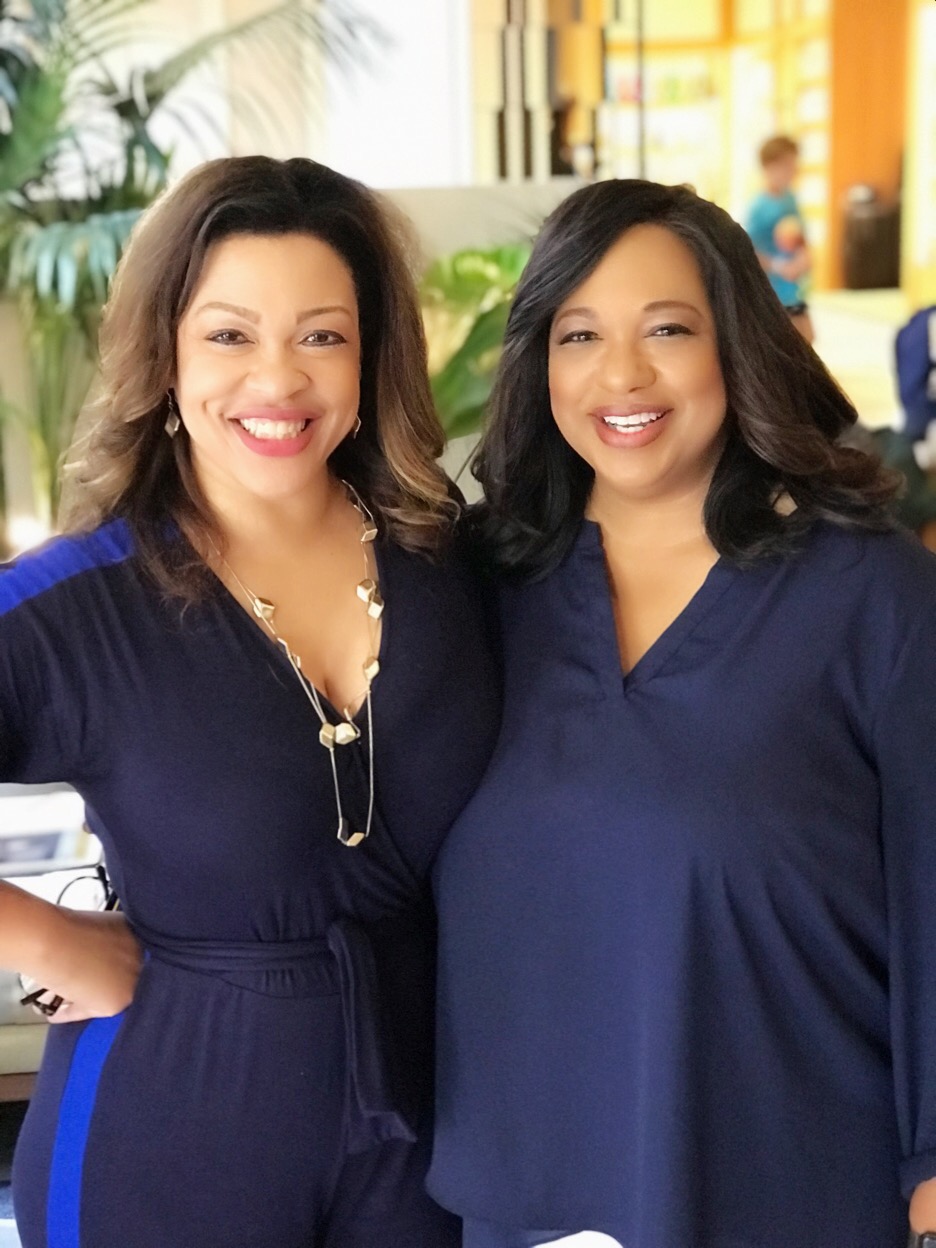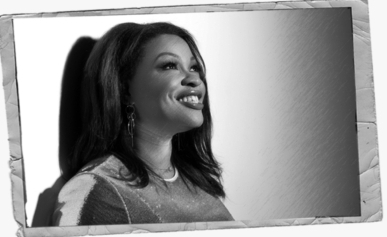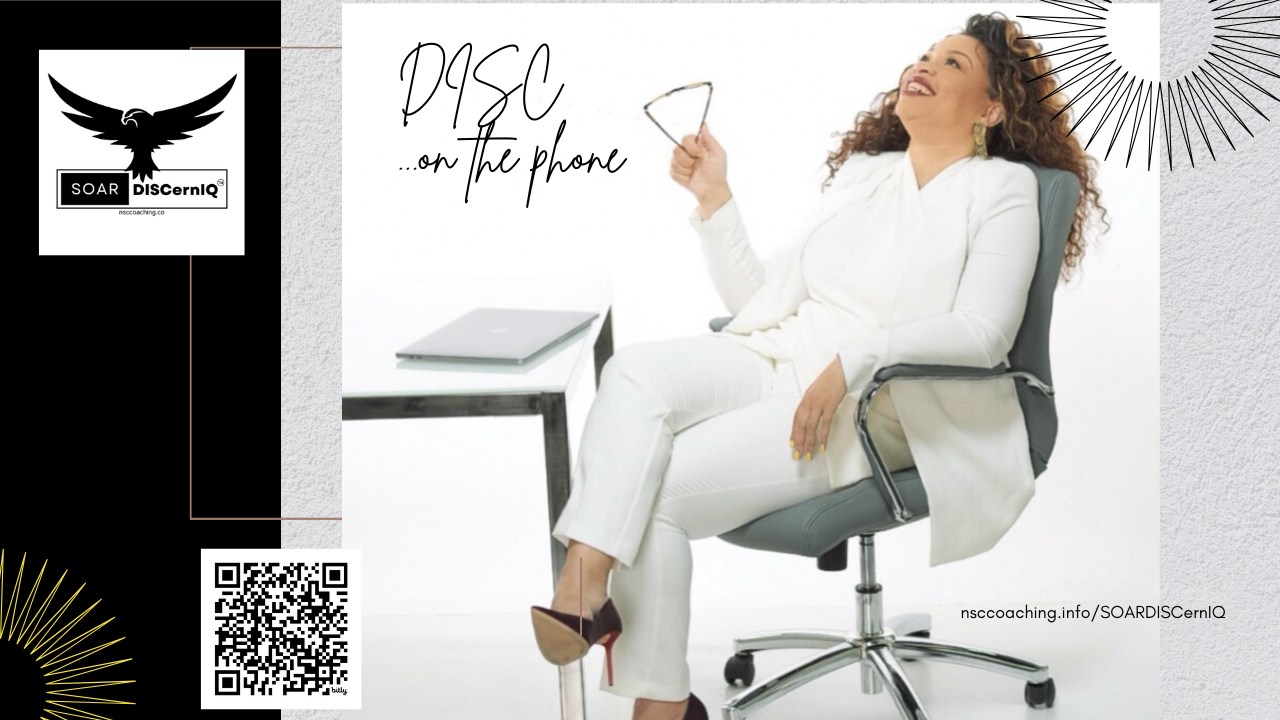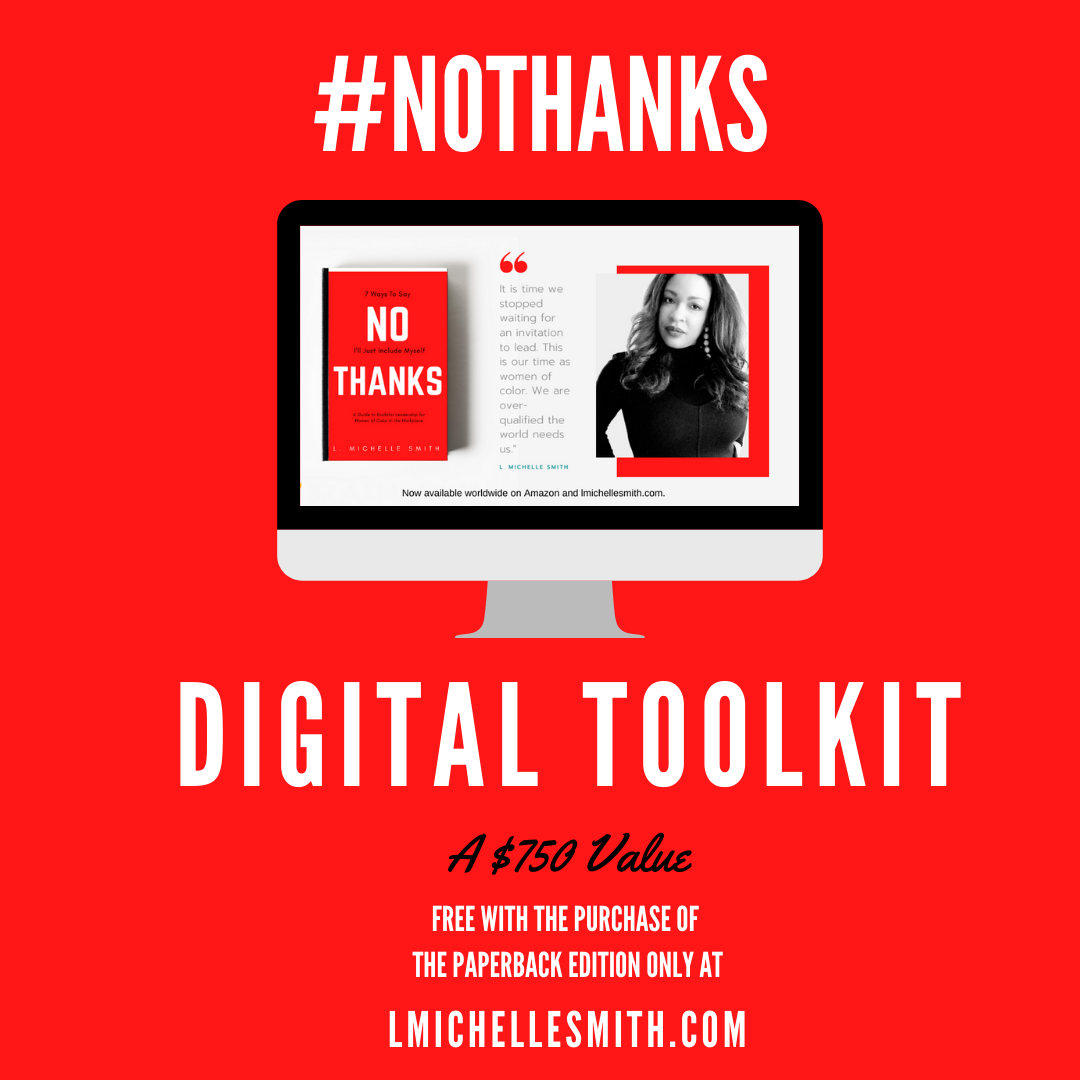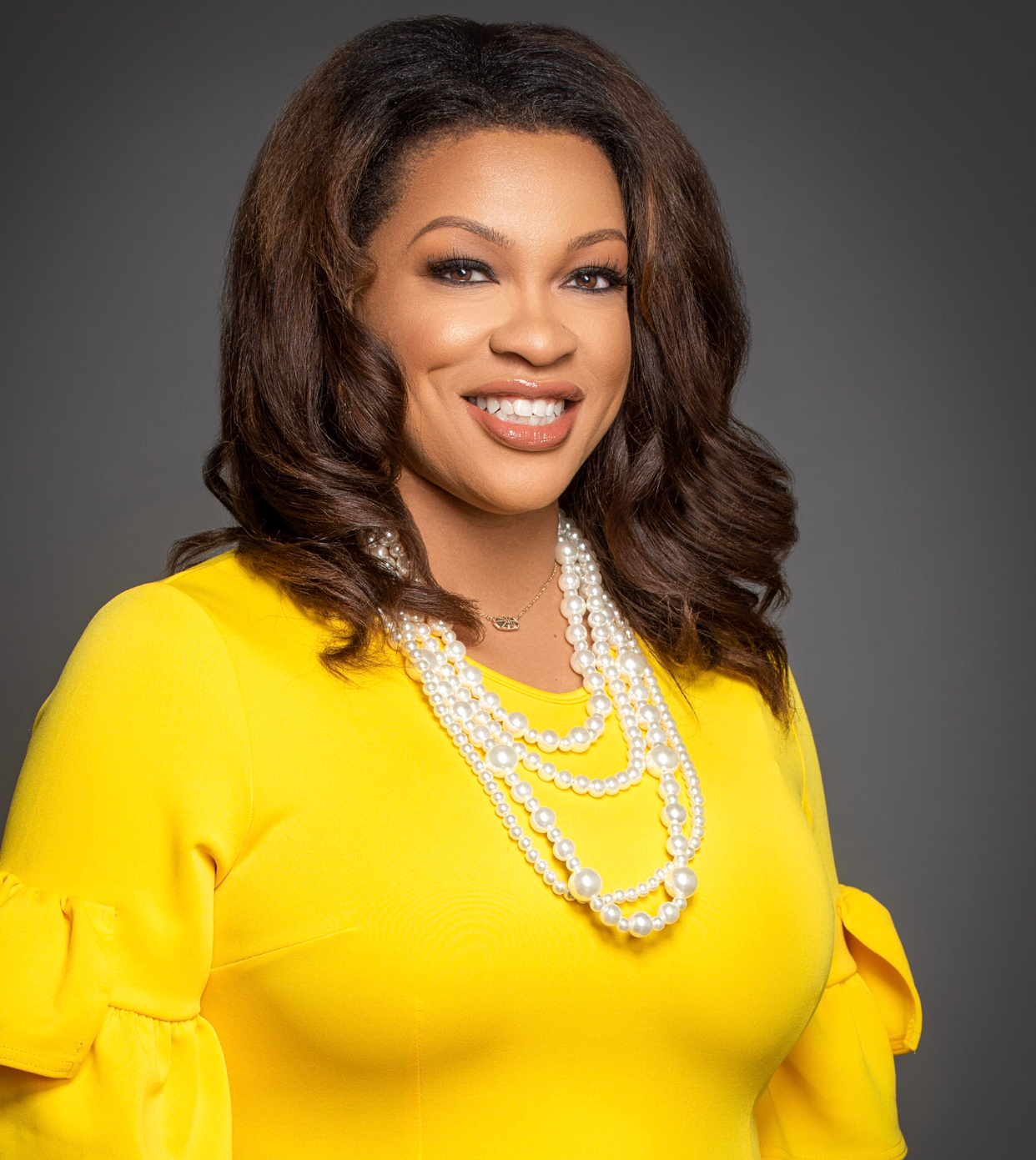What Likeability really means
Likeability does matter in the workplace, but the word within this context may not mean what you think.
It’s been a little frustrating to watch an entire dialogue unfold on the Internet about workplace likeability, and seeing that there is a clear misalignment regarding the denotation of the word within the context, again, within the workplace–and I cannot emphasize this enough.
The word likeable in the social realm has a different connotation than what leadership experts and research have redefined within working relationships. As I wrote in “Yes Please! 7 Ways to Say I’m Entitled to the C-Suite,” likeability is strategic and it isn’t an always -360 undertaking for women and women of color, because we are not centered in the workplace. It wasn’t built with us in mind. So the mere fact that we show up in this space attempting to lead can be a problem for most. Who we are is diametrically opposed to what is centered and celebrated– so how is it possible?
It is possible because likeability in the workplace can be quantified. It is not subjective, and it only matters to those who have impact on your trajectory.
We don’t care if the chickens cluck at eagles in this world. As a mentor once told me, you’re flying to low if you are concerned with that. What we do care about is certain leadership traits that your colleagues, team members and leaders want to see and have responded in workplace surveys that qualify a professional in their mind as likeable.
It isn’t as subjective as you might think.
I share what those qualities are in this clip from a recent speaking engagement with leaders in the arts.
Because there is such confusion about the term in the social sphere, I’ve been reaching out to media outlets to attempt to shift the dialogue a bit and get it back on track. If you haven’t been under a rock, entertainer and scholar Amanda Seales’ likeability has been the subject of conversation.
Yet, I’d also submit that the entertainment industry may have an additional layer of likeability criteria that is a bit less objective than in corporate. How one shows up on camera can impact your likeability, and that is, by its very nature, subjective.
Anyone interested on my take on the Amanda Seales dustup within this context and if it can be applied to corporate workplace issues (particularly in the media), reach out to hear my take. It may surprise you.
(By the way, the word can be spelled with or without the “e” if you were wondering.)



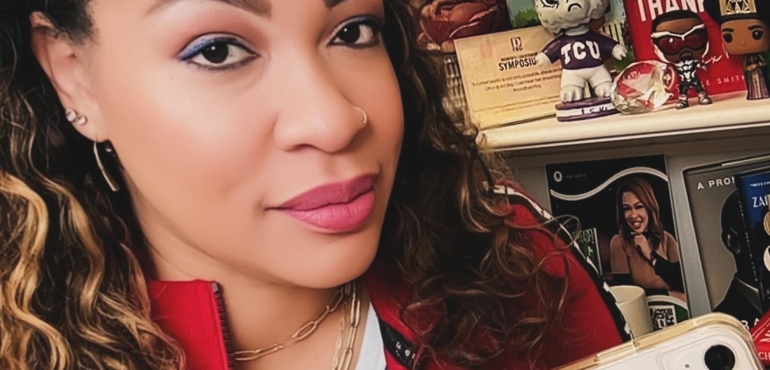
![[Inside Podcasting] Lists The Culture Soup Among the “Anything But Boring” Business Podcasts](https://www.lmichellesmith.com/wp-content/uploads/2018/10/0FDBD0AA-AAAD-4871-9EA8-F9065C179139.jpeg)
